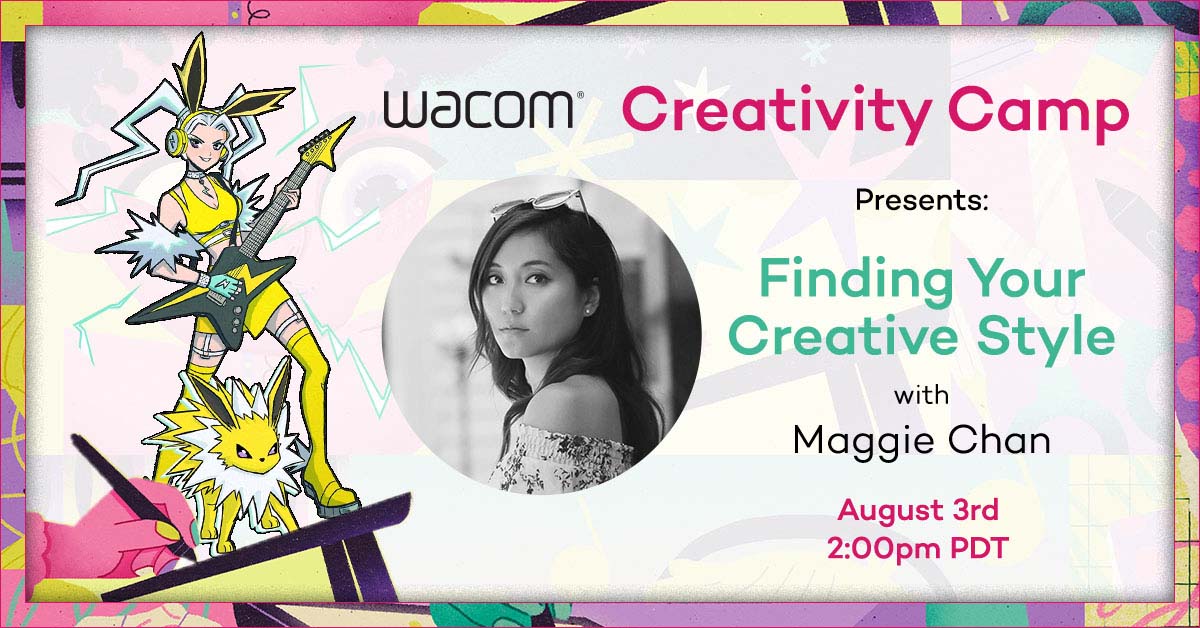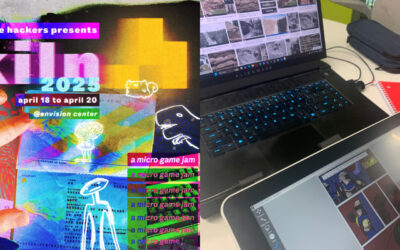As part of Wacom Creativity Camp, we’re excited to host concept artist Maggie Chan for a webinar on August 3rd.
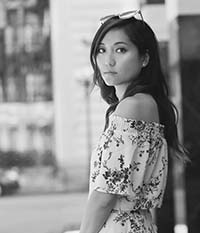
“Maggie Chan is a live action concept artist whose storytelling shapes the style of her art. With that versatility, she’s able to adapt to the different needs of each unique project. Outside of her work, she spends her time on her incessant lifelong pursuit of the perfect boba milk tea.”
At the bottom of this post, you’ll see all of the information about the event and a link to register.
First, however, we chatted with Maggie about her work, how she balances work and personal projects, and what interested folks can expect as they look forward to his webinar next week!
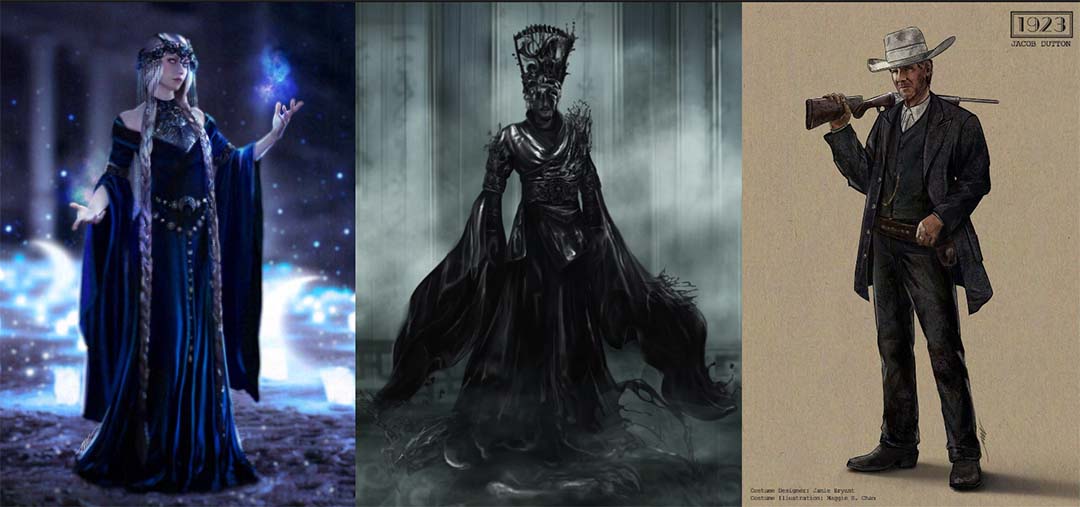
Would you recommend that young artists go to college and study art? Was it worth it for you?
Going to a non-art university wasn’t necessarily by choice. Growing up in an Asian household, I compromised on becoming an artist because my parents wanted some security in my future career. By attending a UC system (and eventually getting an M.F.A at UC Davis), I convinced my parents that I could get into teaching at some point, which gave them some relief about me pursuing art.
For a long time, I wished I had gone to art school because I felt like my foundations could have been a lot stronger. I gained my own valuable experience from attending the UC schools, however, like focusing on primary research and approaching costume design through storytelling.
But having focused so much on theory and concept through my UC education, I realized I lacked a lot of technical knowledge. I found myself “catching up” in my later years. With emerging online art schools like Concept Design Academy, Schoolism, and Brainstorm to name a few, I’ve been adding things like anatomy, figure drawing, and perspectives to my foundation that I sorely lacked.
I think there are many paths to becoming an artist and there’s no one specific track that I can recommend. But I do think it’s important that young artists find the importance of continually learning and educating themselves, whether that’s obtained by going to an art school or even learning from TikTok.
How and why did you get into costume design?
During the last quarter of my undergrad, I had to take a General Education class in Theater Design, and that’s where I discovered Costume Design. One of the biggest life changing events was when I asked my professor for a letter of recommendation and she sat me down and asked me why. She told me it was going to be a lifelong pursuit and that if I wasn’t entirely sure about it, I shouldn’t waste my time chasing after something I didn’t like in the first place. After that conversation, I took a year off to really think about what I wanted to do and I came back to Costume Design.
I’ve always loved fashion, but through costume design, I discovered that there was this whole world of visually telling stories through clothing. Suddenly, it wasn’t just about making an aesthetically pleasing character, but what my design choices said about my characters. What does the costume say about the character’s economic status? Capabilities? Personality? It completely changed how I approached character design.
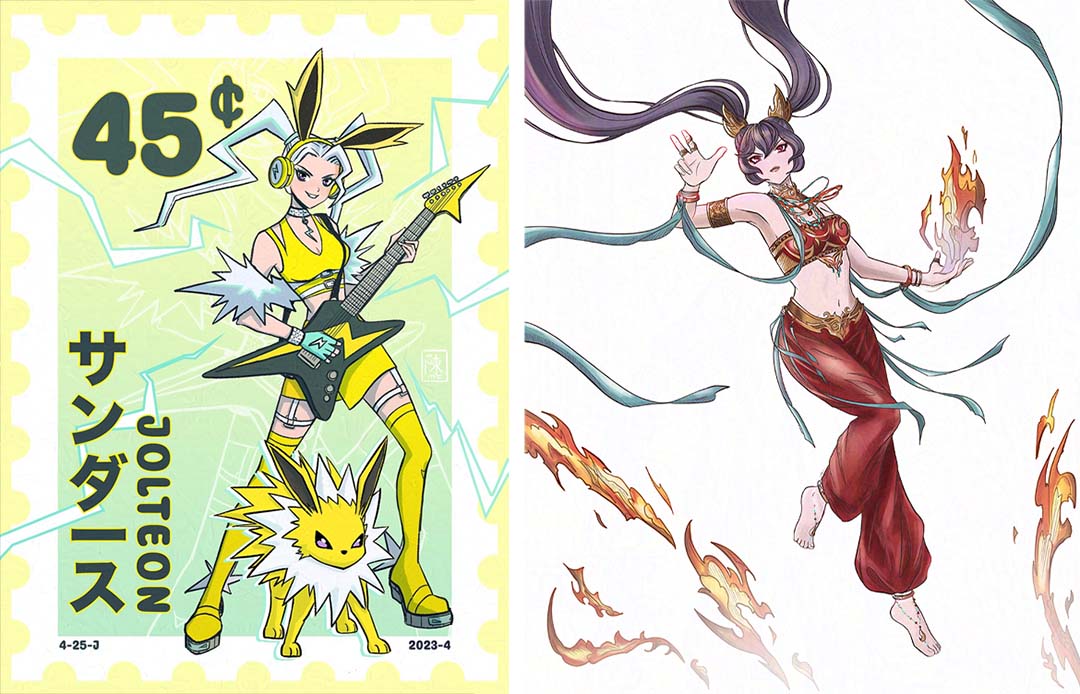
You’ve worked in a variety of fields, including TV, film, theater, commercials and even trading cards. Do you prefer one over the others? Why?
I prefer working in films because of the longer timeline. TV doesn’t give you as much time to work on characters, but sometimes it’s nice to just do a few concepts and move on from the project. I would love to work on video games in the future, because they have a much longer timeline to really explore character design from head to toe.
How do you balance your personal interest and art style with the kinds of projects that you work on professionally?
It’s interesting because the “style” of live-action concept art is hyper realistic and in film, the key creatives have to see what their characters will look like in real life, which is not the usual style that I prefer to work with.
But I grew up watching a lot of anime, and it has always been a lifelong dream of mine to have an animated film of my own. I work to pay the bills, and I do love working on TV and film projects, but I think anime is where I want to be one day.
In TV and film, I don’t really get to design my own character and costume. So I do that in my own personal projects. And since I don’t have a deadline for my personal work, I spend more time thinking about composition, pose, anatomy, etc. The exploration part before starting a new art piece is the most challenging, but that journey is so rewarding.
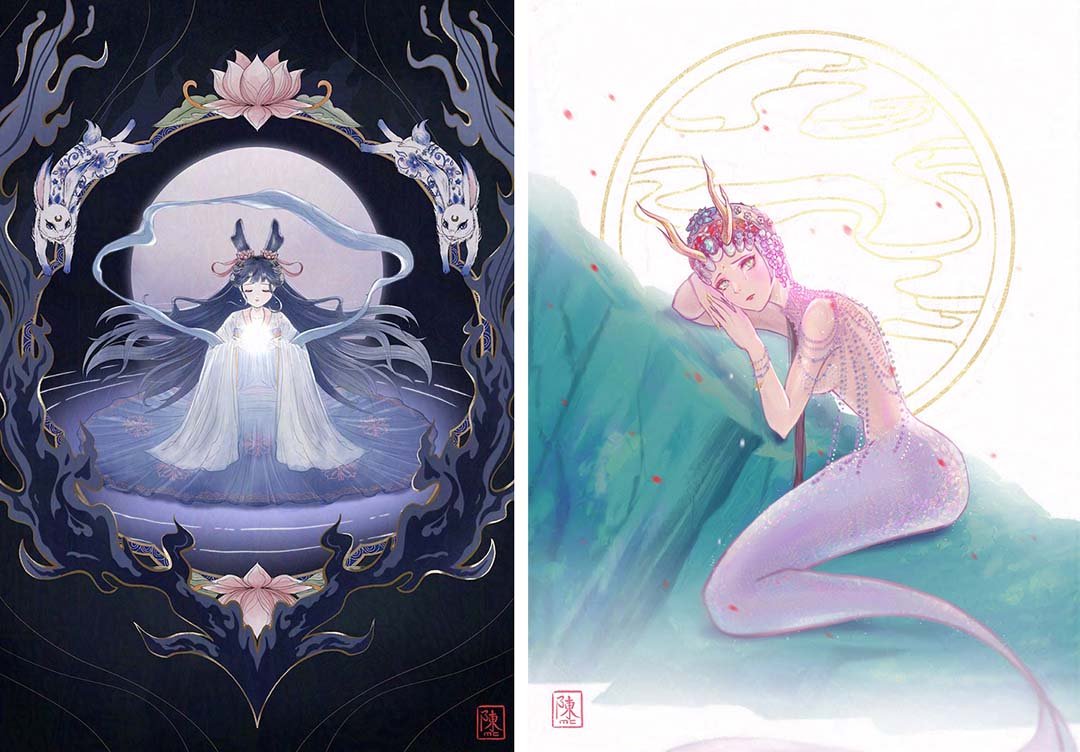
What will you be getting into during your upcoming webinar, “Finding your creative style?” Who should attend?
For a very long time, I struggled with not having an art style. I was held captive by that “jack of all trades” idea. But more recently, I discovered this revised version of it: “A jack of all trades is a master of none, but often times better than a master of one.” I find it to be more comforting and in all honesty, it’s much easier to find work because I can adapt to different styles.
When you’re trying to find work in any industry, whether film, TV, games, or whatever, you’re ultimately going to be working on someone else’s project, which means you have to learn how to analyze different artists’ work and figure out what makes their style unique. Through this webinar, we will utilize that knowledge to apply it to our own artwork. This webinar should prove beneficial to everyone whether they’re looking to have their own art style or whether they’re trying to mimic a specific studio’s art vision for a job.
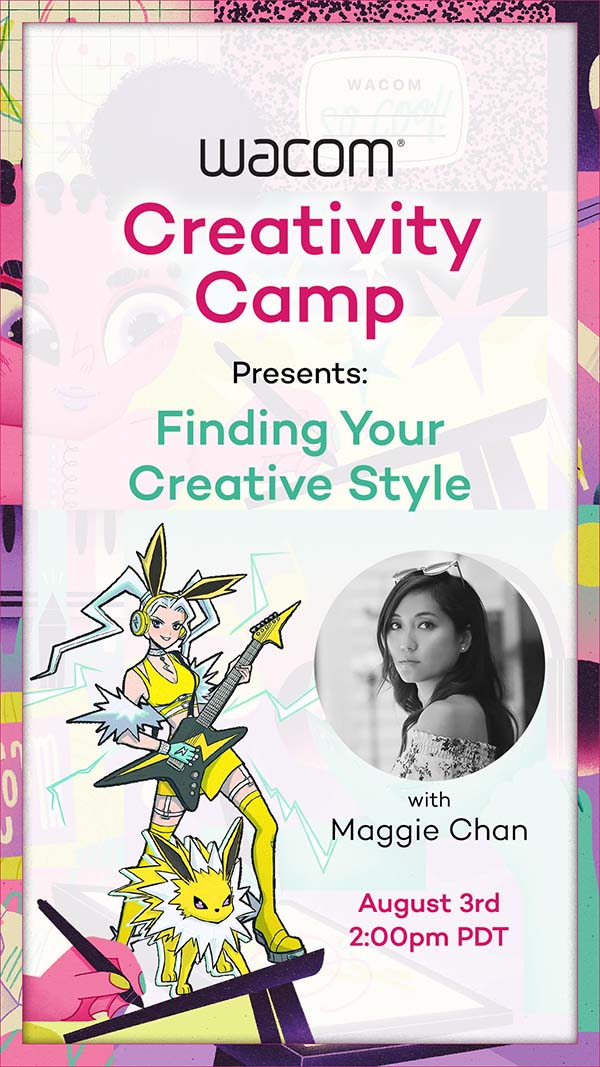
About the Webinar
If you’re a beginning artist, it can be difficult to figure out your own personal art style. While some artists start out knowing exactly how they want their art to look, many artists’ styles develop over time. Some go from realistic styles into more abstract and representative styles, some go in the opposite direction, and some take a completely different path. In this webinar, concept artist Maggie Chan will share and explore practical ways to study and analyze other artists’ styles to help you develop your own.
Location: Online on Zoom
Date and Time: August 3rd, 2023 – 2:00pm PDT
Link to register: Click here!

